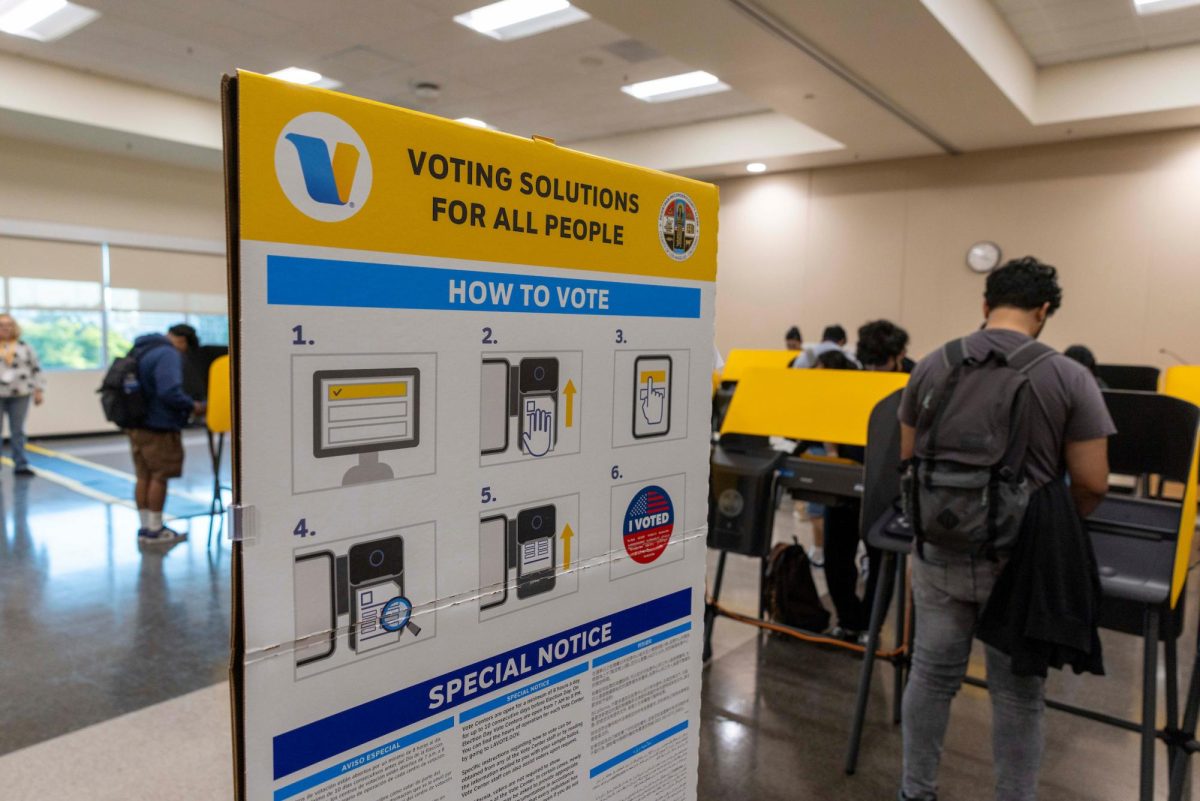On the same day that he was given the bill, Governor Jerry Brown dismissed SB 320. A bill that required by law, all University of California campuses and California State Universities to be provided with abortion medication by January 2022. The medication serves as a option for women to terminate a pregnancy.
Known as the “College Student Right to Access Act,” the controversial bill stated that each university student health center will dispense abortion drugs within the first ten weeks of pregnancy. In addition to educating healthcare providers on appropriate medication techniques.
“Access to reproductive health services, including abortion, is a long-protected right in California,” Governor Brown stated in a veto message on Sept. 30. “The average distance to abortion providers in campus communities varies from five to seven miles, not an unreasonable distance.”
Brown defended his action by saying the bill was “not necessary” since there are a wide number of abortion clinics that already offer such services not on public university grounds. Specifically, Universities would equip women with abortion medications in similar fashion to public clinics throughout the country.
California would have been the first state to implement this type of law.
A total of 34 universities are currently being affected by the Governor’s decision. According to a study done at UC San Francisco, approximately 519 of those students seek abortions off campus each year. These numbers inspired a group of students at UC Berkeley to construct draft the first abortion law at a University.
The students requested that their school abide by the drafted proposal. When that failed in 2016, they made a decision to take it to the State Senate. Over two years later the bill was passed and supported by dozens of Pro-Choice organizations. The Women’s Foundation of California and the Tara Health Foundation pledged a private grant of $200,000 to each public university for additional training and the cost of supplies.
Those who support Brown’s decision to veto the bill include a mix of Pro-life and Pro-Choice advocates. Each expressed concerns of budget, even with the proposed grants. Many CSU campuses believe that without regard to one’s personal bias, it is clear that more money is needed to ensure that student health centers are prepared to offer the drugs mifepristone and misoprostol.
The original bill insists that abortion by medication is a safe procedure and has proven simpler than much of the care already offered at college health centers.
The Cal State LA Student Health Center declined to share their position when approached by the UT, but did confirm quite a few contraceptive services they offer; STD testing and treatment, birth control, Plan B, contraception and emergency contraception services.
Students interviewed on campus were reluctant to voice their views on such a personal subject, all except graduate student Lizvette Flores.
“As a social work student, I think the decision to veto the bill is strange because there are so many services already available at the Health Center for contraception, both barrier and hormonal,” said Flores. “Jerry Brown hasn’t said we should remove those methods from health centers, so why exclude abortion pills? It would just be another service for students.”
Flores expressed the convenience of abortion treatments on-campus for herself along with thousands of other female students who are forced to stay at school all day and may not have the funds to cover Planned Parenthood or other service centers.
Leading sponsor to S.B. 320, State Senator Connie Leyva, invested her time and effort into the bill for roughly two years. Leyva emphasized that by having these resources available to on-campus health centers, students will be at ease and able to focus on their academics and future.
“I am truly disappointed that Governor Brown vetoed the ‘College Student Right to Access Act’,” Senator Leyva voiced in a statement. “In the months and years ahead, I will continue fighting to make sure that college students have access to medication abortion on college campuses.”














